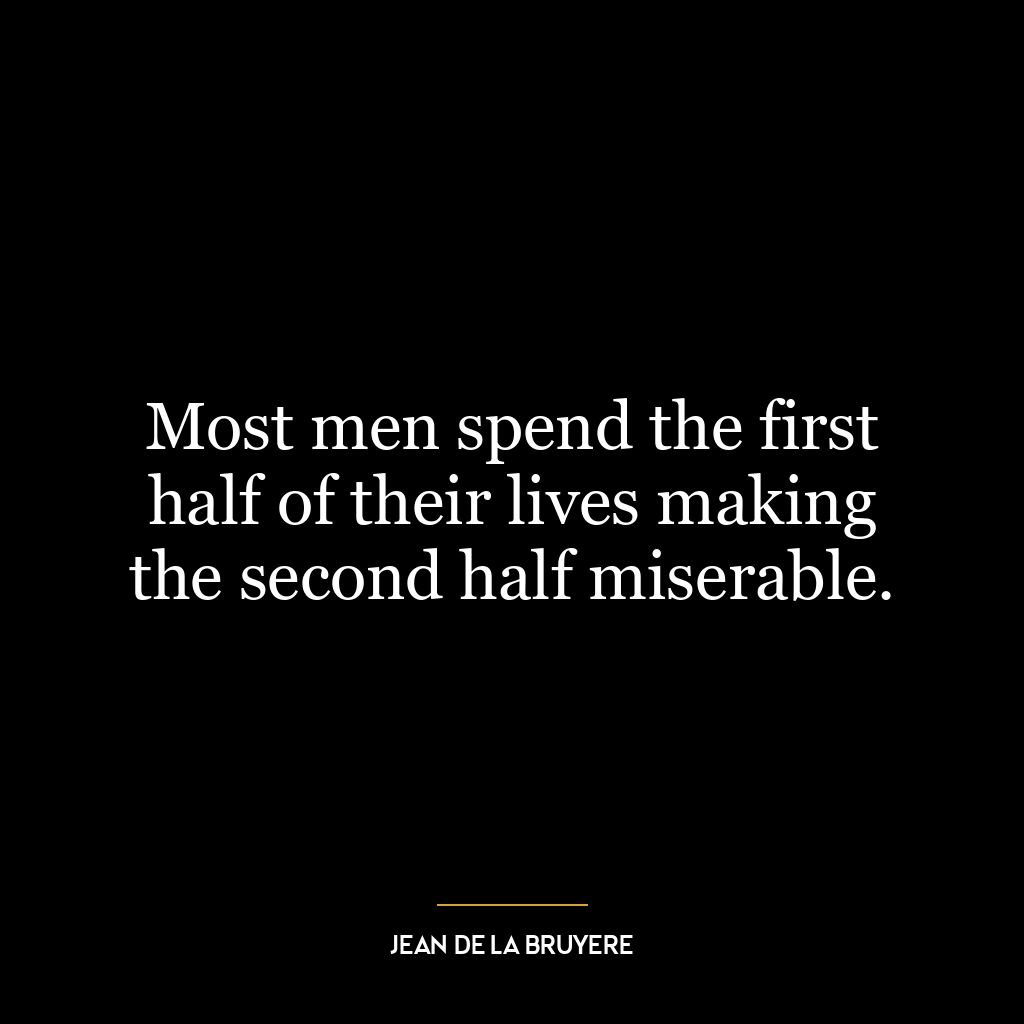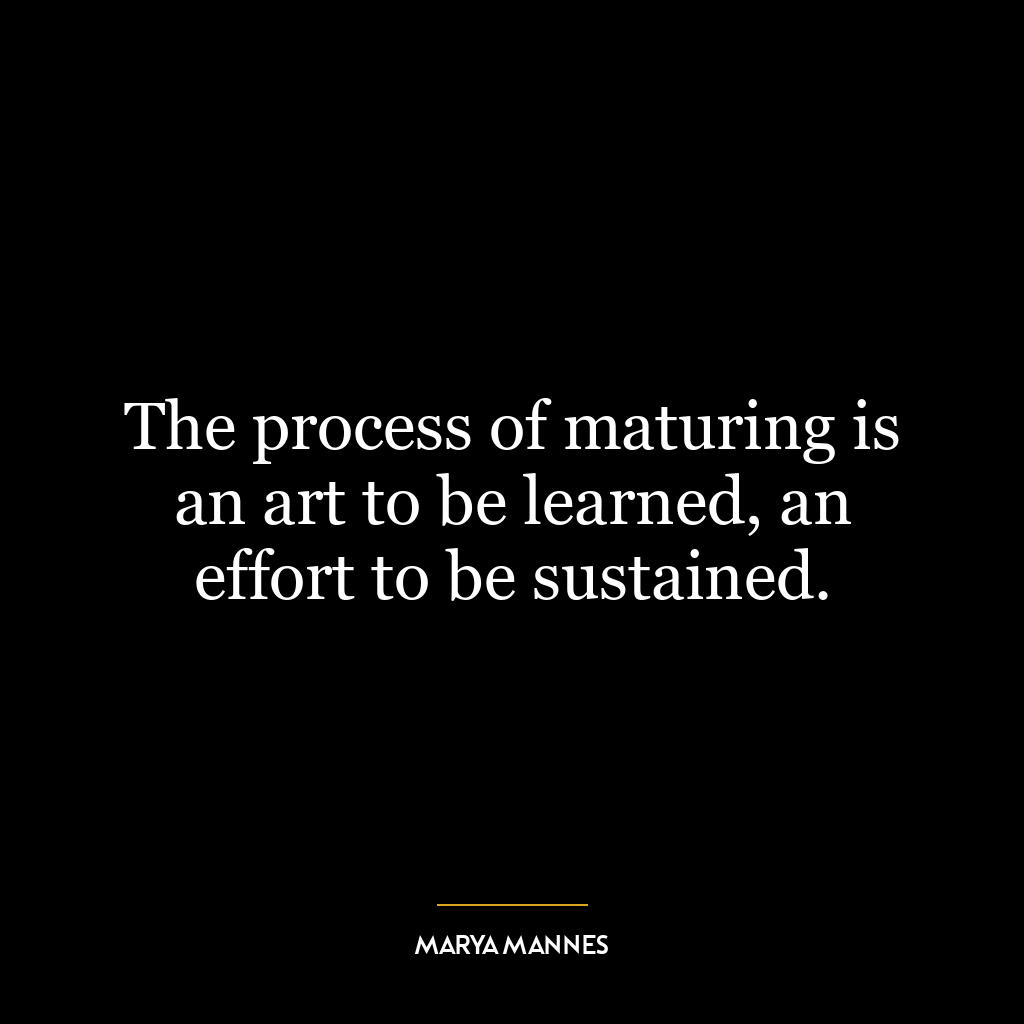Life is bristling with thorns, and I know no other remedy than to cultivate one’s garden.
This quote suggests that life is filled with difficulties (thorns), and the best way to deal with these hardships is to focus on cultivating one’s own personal space (garden), which could mean working on one’s personal growth, development, and happiness. Essentially, it’s about self-care and personal development in the face of adversity.
The garden metaphor is potent. It implies that we should cultivate our lives like a gardener tends to their garden. It requires patience, attention, care, and effort. Just as a garden needs to be nurtured to grow and flourish, so too do we need to nurture our own lives. Weeding out the negatives, planting the seeds of positivity, watering them with self-care, and nurturing them with attention and love. By doing so, we can grow and bloom despite the thorns of life.
In today’s world, this idea is more relevant than ever. We live in a fast-paced society filled with stress, anxiety, and pressures from various fronts. In such an environment, it’s easy to feel overwhelmed by the ‘thorns’ of life. But Voltaire’s wisdom suggests that we should focus on what we can control—our personal growth, our reactions, our mindset—and let go of what we cannot control.
In terms of personal development, this quote might mean focusing on building resilience, emotional intelligence, and other skills that can help us navigate life’s challenges. It could also mean investing time in activities that bring us joy, peace, and fulfillment. In essence, cultivating our garden could mean anything that contributes to our well-being and personal growth.
In conclusion, Voltaire’s quote is a timeless piece of wisdom that encourages us to focus on personal development and self-care as a means to navigate the challenges of life. By cultivating our ‘garden’, we can grow and thrive amidst the ‘thorns’ of life.













